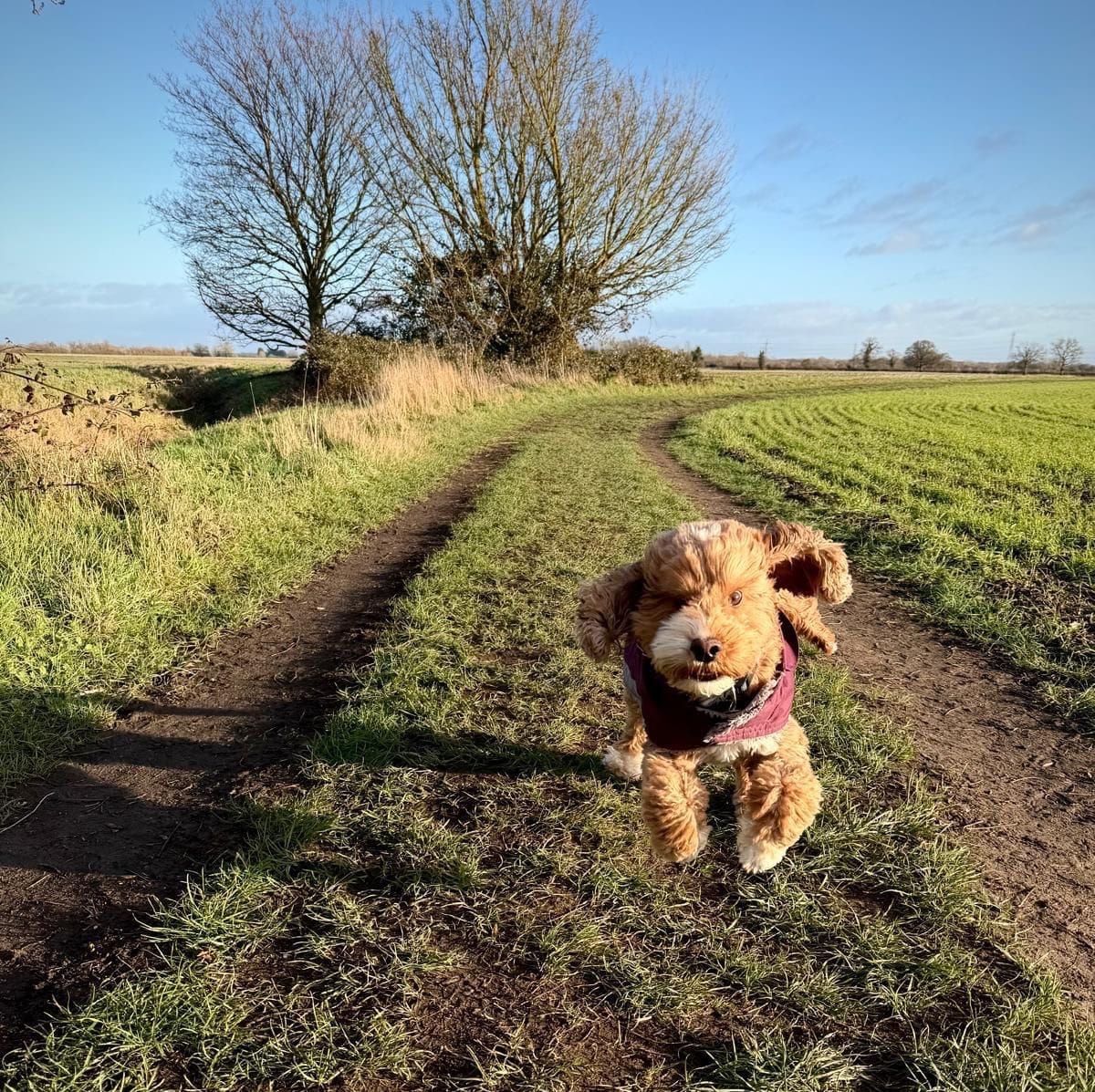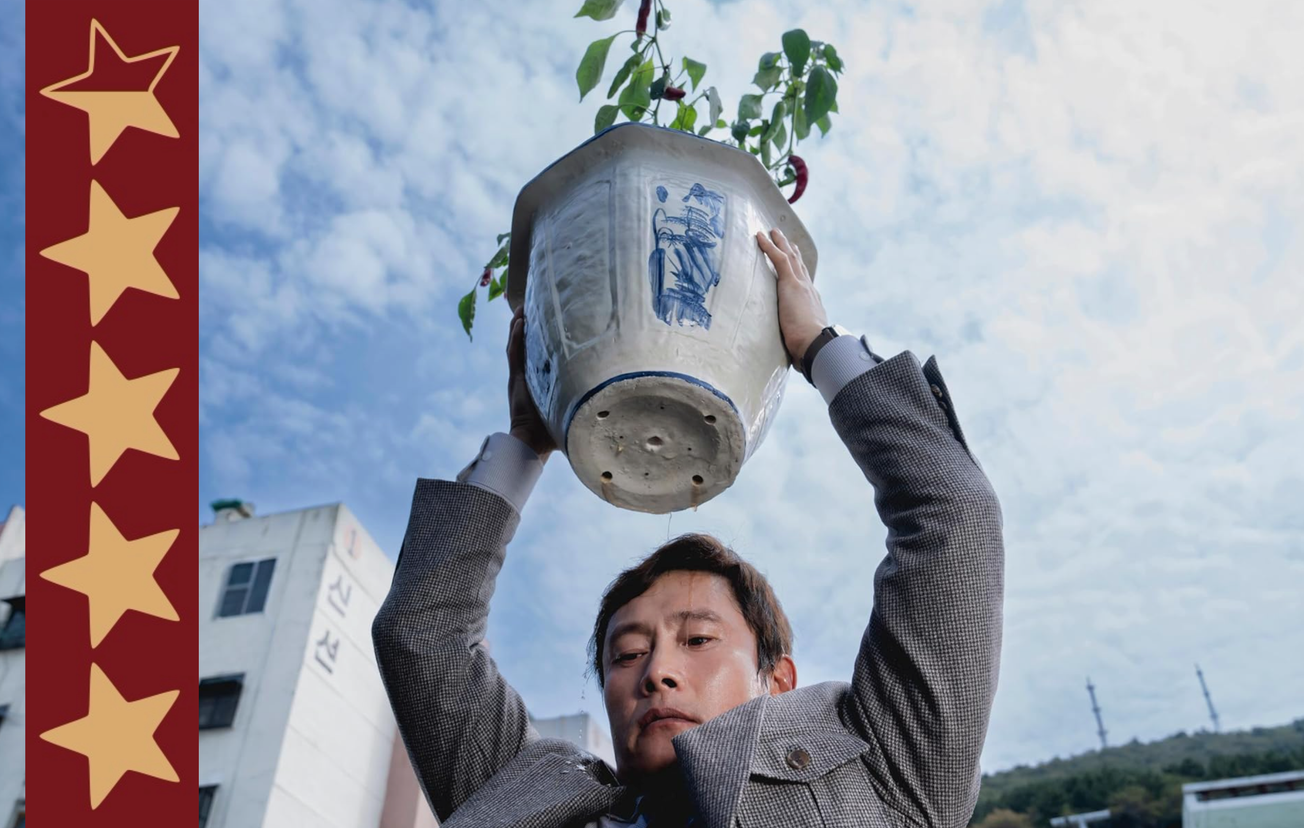By, Arron Kennon, First Year, English Literature
In 2005, while studying Environmental Geography at the University of Bristol, Jake Meyer successfully climbed Mount Everest. In doing so, he became the youngest Briton to achieve this feat and the youngest man in the world to complete the Seven Summits. More recently in 2018, Meyer climbed K2, the 8849m mountain that has been dubbed 'the gold medal of climbing'. Recently I caught up with him to discuss some of these extraordinary achievements.
From a young age, having a self-professed clumsiness at ball sports, Meyer developed a deep affinity for climbing. Unlike most sports where you compete against other people, the beauty of climbing, Meyers relates, is that, "you are competing with yourself". It was this self-improvement aspect inherent within climbing that drove Meyer on.
At just 14, before he scaled his first mountain, Meyer decided he would be the youngest person to ever climb the Seven Summits. For him, aiming towards this record was central to his success: "A dream without a plan is an empty wish", he explained, "an age limit, or even more, an age record, becomes the ultimate anti-procrastination tool".
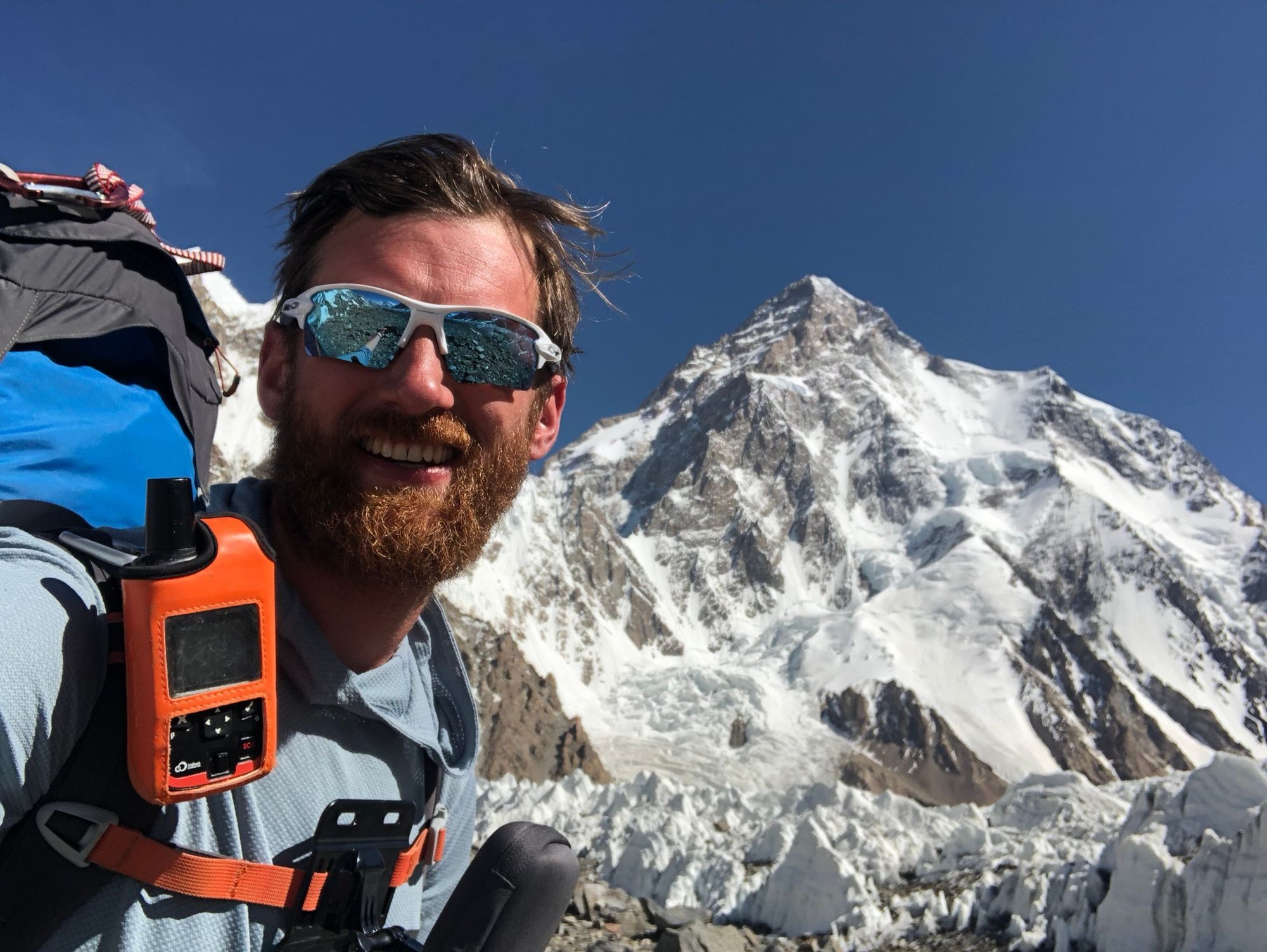
It was this determined vision that allowed him to reach five of the seven summits before coming to Bristol. It was then as a student that Meyers climbed Antartica's Mount Vinson and finally Mount Everest.
Unable to answer which summit was his most memorable, Meyer emphasised the importance of seeing the seven summits as one process, where there is something to be learned at each step. He described the significance of failing to reach the summit of Mount Elbrus (the second of the Seven Summits) on his first attempt: "It hadn't been a contemplated outcome, it was a done deal". For him, this humbling experience reinstated the value of climbing: "If it's a done deal then what's the point?"
In 2018, on a third attempt, Meyer climbed K2. Listening to him, it quickly became clear why it is considered one of the hardest mountains to climb; over 20% of people who attempt to climb K2 die in the process. Simply to get to and from the base and the nearest village, one must embark upon a 120km walk. But fatalities happen even before this point.
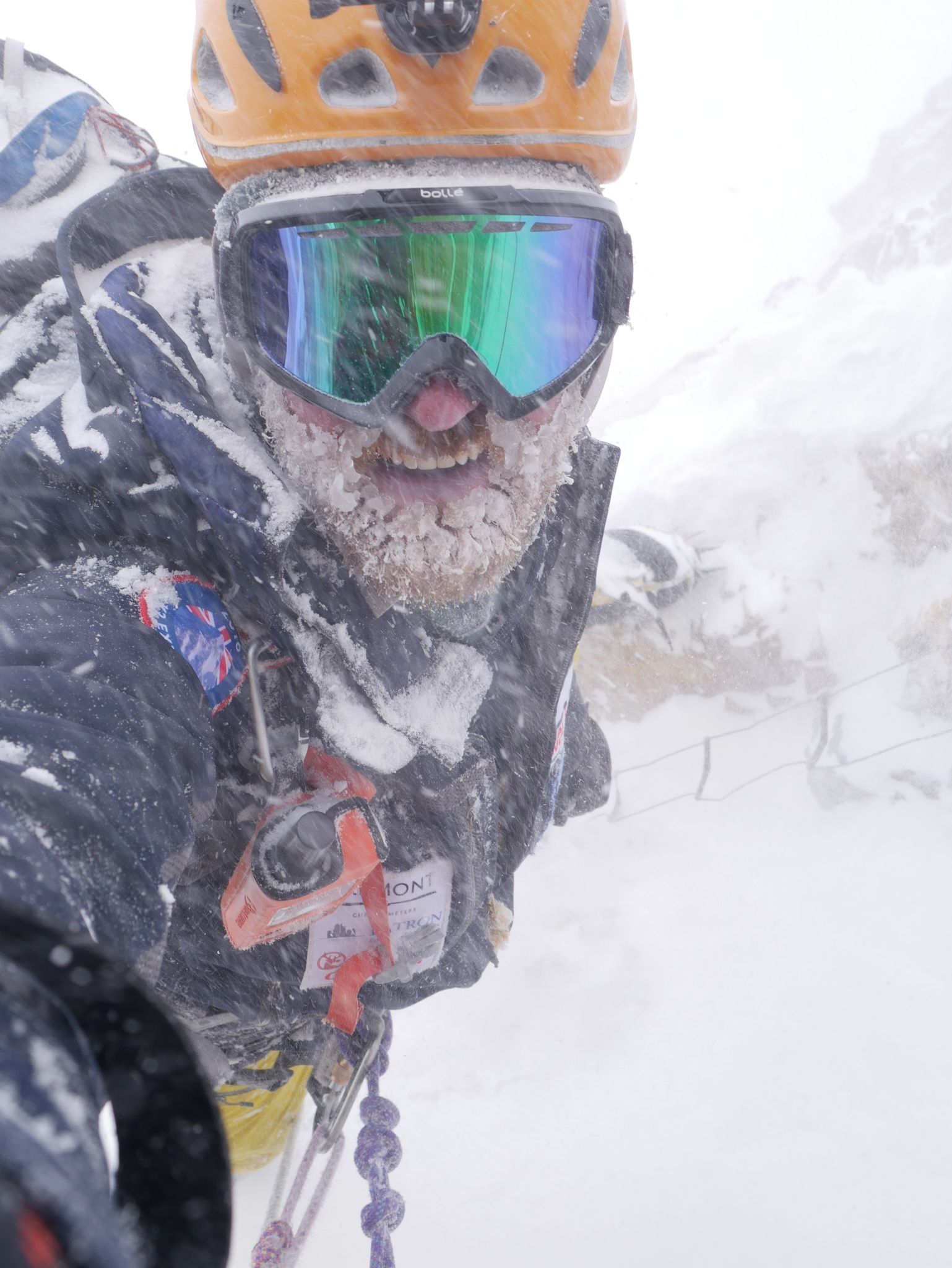
Indeed, when describing the Karakoram Highway Meyer remarked, "the last time I went down it they were digging dead bodies out of the side of it". This was likely due to the frequent landslides that it experiences. However, the real danger begins once you arrive at the base camp, where the ascent starts. Meyers explained: "If you were to let go you would fall, that's it, you are off the side of the mountain. Having been nowhere near the mountain in my life, these chilling descriptions still managed to trigger a sort of bodily anxiety within me.
When explaining why he believed his third attempt proved successful, Meyer spoke of being in a peak physical and mental condition, but also of mountaineering's devious relationship with luck. Whether it is heavy snowfall or an avalanche, at each stage there is potentially something lurking around the corner that could seriously affect your chances of reaching the top.
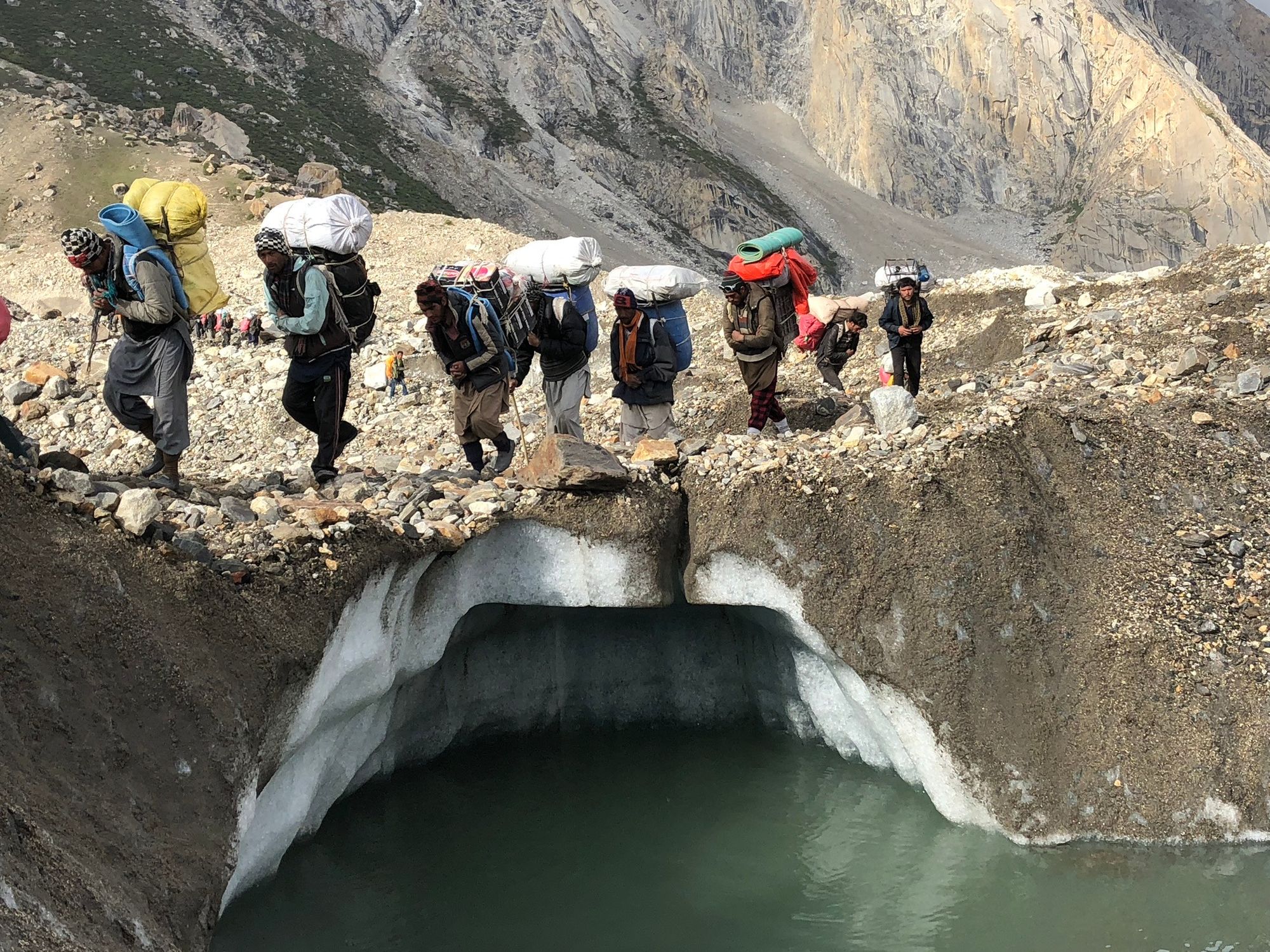
Speaking on his most recent attempt Meyer said, "the planets aligned, everything we needed worked out". It was a reminder of the added layer of danger that comes with the sport. Not only is there the risk of scaling dangerous terrain into heights surpassing 8000m, but mother nature herself, in all her unpredictability, must be reckoned with.
For Meyer, reaching the top of a mountain is "only half of the journey". He confessed that he was in "tears at the top of Everest" due to the ecstasy of finally reaching a mountain's peak. However, soon after, the dreaded realisation that he had to climb back down the mountain kicked in. In moments like this, Meyer revealed: "you'd sell your soul for a helicopter, or teleportation, Lucifer let me sign!"
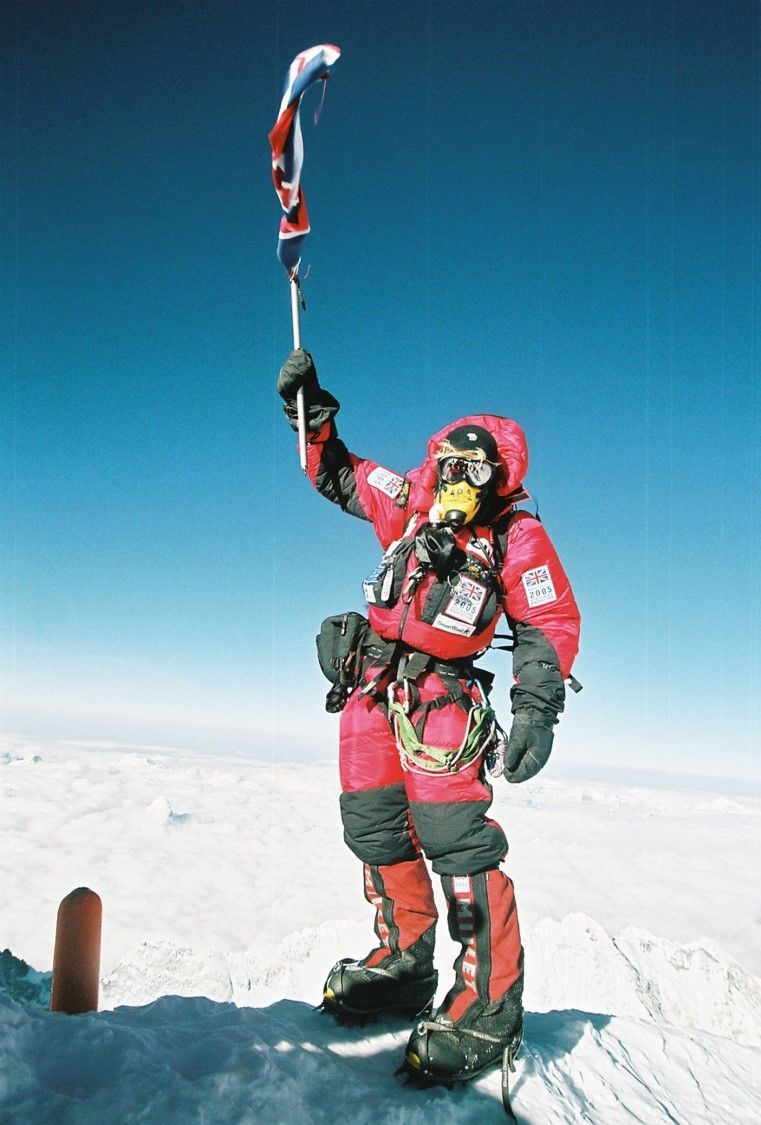
It is easy to imagine why the thought of the descent back to base camp, being physically and mentally exhausted after weeks of climbing, is the last thing anyone would want to do. In fact, it is on the descent that the most deaths occur.
While Meyer has been a dedicated and passionate adventurer for many years, the biggest part of his life is now being a husband and father of three. For him the comfort of family makes it clear that one of his expeditions has finally been completed. Meyer said, "the moment you hold them in your arms, you know it's mission accomplished".




